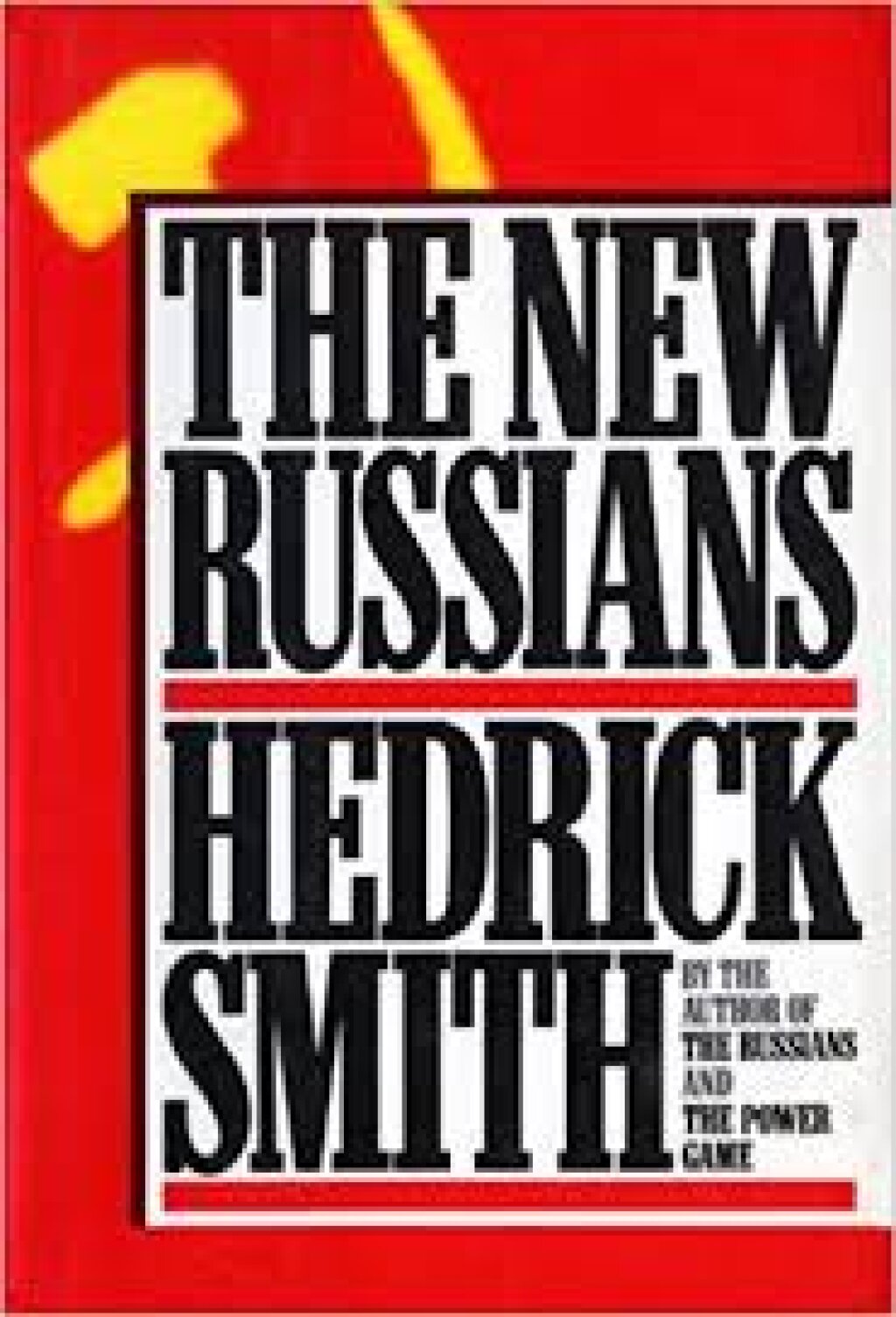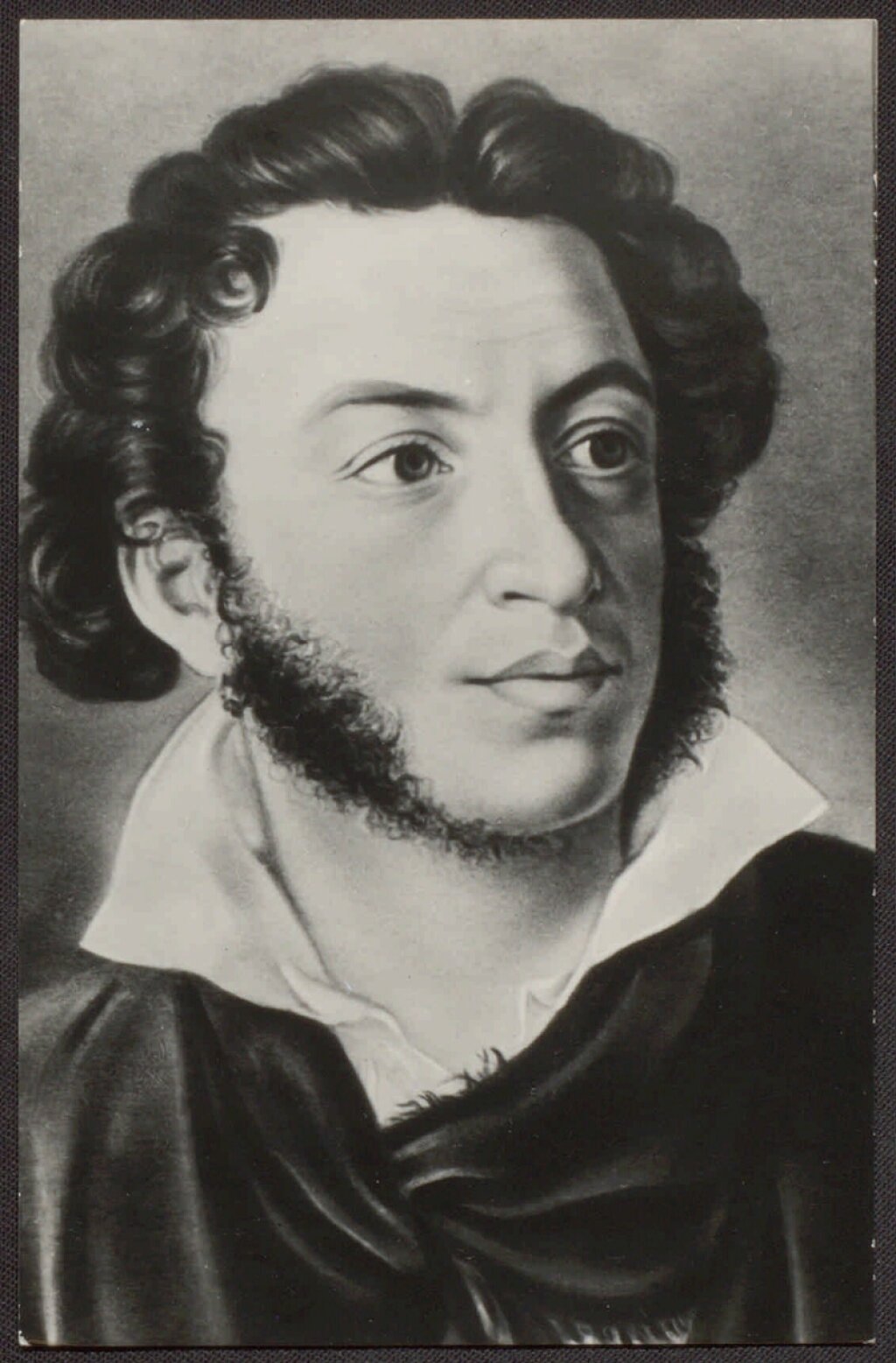This is the third entry of Chapter 2 of Russia’s Alien Nations: The Secret Identities of Post-Socialism, an ongoing feature on All the Russias. It can also be found at russiasaliennations.org. You can also find all the previous entries here.
To understand the New Russian phenomenon, we must first deal with an unfortunate, but productive fact: the phrase is a terminological nightmare.
According to a 2012 newspaper article commemorating the term’s 20th anniversary, the phrase “New Russian” first appeared in the September 7, 1992 issue of Kommersant-Daily. One theory has it that the term is a play on the French phrase “nouveau riche” (which came into Russian as a single word (“nuvorish”); from there, it is just a phonetic hop, skip and a jump to “nouveau russe” (“new Russian”). How “nouveau russe” allegedly found its way into Russian is left to the imagination.
A more likely explanation blames English rather than French, and has the advantage of a paper trail. “New Russian” is less a sociological description than the uninspired name of a sequel, both based on a persistent misunderstanding of the nature of the Soviet Union. The culprit here is award-winning New York Times reporter Hedrick Smith.
Smith was the Times Moscow Bureau chief from 1971 to 1974, and he achieved the pinnacle of foreign correspondent-hood by using his experience in the Soviet Union as the basis for reader-friendly, journalistic account of life behind ideological enemy lines. There had been books like this before, but Smith's inaugurated a whole slough of them: pretty soon, publishing a book was a virtual perk of a long-term Moscow assignment. The formative one for me was David K. Shipler’s 1983 Russia: Broken Idols, Solemn Dreams, largely because of his delightful everyday observations, such as the fact that even the most officious-looking Soviet bureaucrat melted at the site of a baby bundled within an inch of its life during the harsh Russian winter. Such books continue to be published to this day, although they reached their pinnacle when the Soviet Union reached its end (David Remnick’s Pulitzer-Prize winning Lenin’s Tomb: The Last Days of the Soviet Empire (1993)).
Smiths’ book was called The Russians, and that’s where our trouble begins. Never the favorite among my generation of aspiring Slavists (and not only because its publication in 1975 rendered it out of date), it bore a title that was immediately legible to the book-buying public and infuriating to those of us who already knew something about the subject. Though it might seem like a moot point now (and I’d be happy to argue that it actually is not), the casual conflation of the Soviet Union and “Russia” encouraged a troubling ignorance about the USSR. It should come as no surprise to readers of this blog to hear that Russia was one of fifteen constituent republics of the Soviet Union, and that, while Russian was the lingua franca for the USSR, even the Russian Soviet Federative Socialist Republic (RSFSR) contained sizable minorities who would not be considered “Russian” by anyone in the Soviet Union.
In those days, if I was feeling particularly pedantic, I would respond to people asking about my time in Russia by reminding them I was actually in the Soviet Union. After a few drinks I might even point out that The Beatles “Back in the USSR” technically wasn’t saying what everybody thought it was; thanks to the song’s playful disregard for geography, McCartney was basically implying that “Moscow girls” were so unattractive that he had to resort to fantasizing about the women of the Republic of Georgia in order to perform.
At this point in American culture, the distinction only becomes problematic when Soviet-era character refer to their homeland as “Russia,” a sign that the writers haven’t done their homework. But the title of Smith’s book really left us a problematic legacy when he decided to follow it up with a sequel. Even by the mid-1980s, Smith's The Russians was an inadequate guide to life in the USSR. So Smith went back, interviewed more people, and published a new bestseller in 1990: The New Russians.
Given Smith’s publishing history, this title is productively ambiguous: it could refer to a new type of “Russian” emerging in the perestroika-era Soviet Union, or it could refer back to his previous hit: The “New Russians” vs The New “(The) Russians.” Obviously, it was the former interpretation that won out, but the very title “The New Russians” owes its existence to the earlier book rather than a new breed of people; had Smith not written The Russians in the 1970s, “The New Russians” would have been an unlikely title.
My search of the Universal Database of Russian Newspapers would confirm the Hedrick Smith hypothesis. Doing a search for “novyi russkii” or “novye russkie” is a slog, given how common both words are on their own (and given the system’s stubborn resistance to look only for the words as a single phrase). But the earliest mentions I could find (as a noun phrase, and not as a descriptor for another noun, such as “new Russian book” or “new Russian film”) were brief reviews of Smith’s book in 1991, where the title was inevitably translated as “Novye russkie”. Within two years, the phrase starts to appear in reference to a new class of rich businesspeople.
The term’s origins had to be foreign, for precisely the same reasons that it is problematic. There is no reason anyone in the last years of the Soviet Union or even the first years of the Russian Federation would have used the word “russkii” as part of the name for this phenomenon. As explained above, it would have been inappropriate and quite simply puzzling for a Soviet citizen to use “Russian” as a generic term for people in the USSR; doing so would have been making a nationalist or ethnic point that is absent from the earliest “New Russian” discourse.
After the collapse of the Soviet Union, using “russkii” would have been even more fraught. The sudden independence of the multi-ethnic, multi-lingual, and multi-confessional Russian Federation required terminology that was generally inclusive, as well as a way of indicating when such inclusivity was not the point. The language still contained adjectives for “Russian” that distinguished between Russia-the-state/empire and Russia-the-ethnicity/language, based on the current term for Russia (“Rossiia”) and the medieval term for the state that gave rise to Russia, Ukraine, and Belarus (“Rus’”). “Russkii” referred to the language, the culture, and the ethnicity. “Rossiiiskii” referred to everything related to the Russian state/Soviet federative republic. In late Soviet times, “rossiiiskii,” though available, wasn’t in great linguistic demand. My only memory of it from everyday Soviet life was as the name of a kind of cheese.
Nouns were slightly more awkward. Though “russkii” is technically an adjective, it, like so many adjectives in Russian, functions quite happily as a noun. In Soviet times, “russkie” were Russian-speaking, ethnic Russian Slavs, whose ancestors were Russian Orthodox. If your parents were ethnic Ukrainians, but you were born in the Russian Republic and spoke only Russian, you were still, technically a Ukrainian (and “Ukrainian” would appear on the notorious “Line 5” of your internal identity papers). Particularly vexing to Americans, Jews whose ancestors lived in Russian for generations would still never be “Russians” on their IDs; instead, they would be Jews. This distinction will become important in a later post.
Calling everyone who lived in the Russian Federation “russkie” was simply not an option. Fortunately, there was an old-fashioned word just waiting to be resurrected through the dark magics of the census bureaucracy: “rossianin”. Like “rossiiskii,” it comes from the modern word for Russia, and therefore does not have any particular ethnic connotation. When talking about a “Russian” in the cense of “citizen of the Russian Federation,” “rossianin” and the feminine “rossianka” are the correct terms.
Unfortunately, when Smith published The New Russians and when it was noticed in the Soviet press, there would have been no reason to translate the title as “Novye rossiane.” So Russia was stuck with a phrase that suggested an oddly ethnic specificity.
Fortunately, this led to a few good, if tasteless, ethnic jokes.
Next: Who Were the New Russians?



